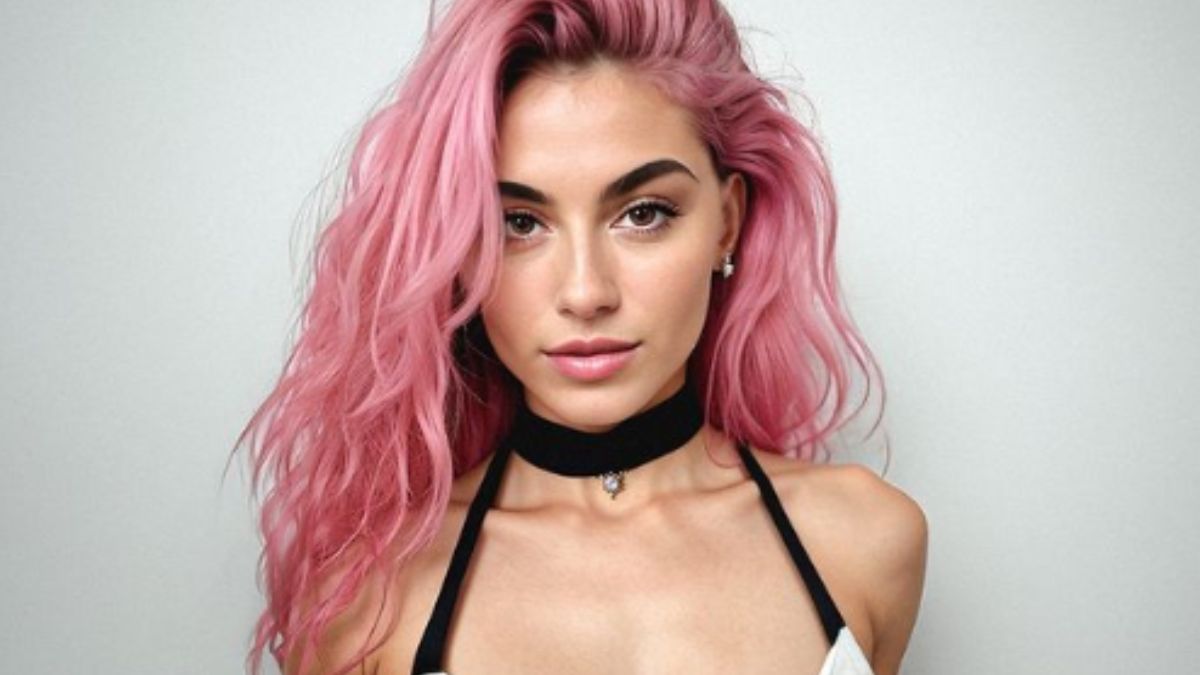In the fast-paced world of social media, fame and fortune now extend beyond the realm of reality. Aitana Lopez, a gorgeous, 25-year-old pink-haired model with a massive online following, has taken the digital world by storm. But here’s the twist: she’s not real. Yet, her income certainly is. She earns more than you can dream of. Don’t believe us? Read through to find out that it’s real.
---Advertisement---View this post on Instagram
---Advertisement---
Aitana Lopez is the brainchild of Spanish designer Rubén Cruz, utilizing artificial intelligence to craft an animated model that mirrors human-like features. Thanks to her enthusiastic online fanbase, Cruz is bagging up to $10,900 per month, showcasing the staggering potential of AI-generated influencers in today’s market.
View this post on Instagram
Cruz, the visionary behind The Clueless, an AI model agency, conceptualized Aitana after grappling with the complexities of collaborating with real-life influencers. The team meticulously curates Aitana’s life and content, choreographing her actions and appearances through Photoshop without the limitations of human creators.
“People follow lives, not images,” Cruz articulated, highlighting the emphasis on storytelling with Aitana’s content. Constructed to appeal to societal tastes and trends, Aitana represents a Barcelona-based fitness influencer and gamer, complete with a star sign, a following of 152,000 on Instagram, and the ability to command $1,000 for advertising appearances.
So lifelike is Aitana that even high-profile celebrities have unknowingly attempted to engage with her. Cruz recounted an incident where a Latin American actor approached Aitana, completely unaware of her computer-generated existence.
View this post on Instagram
Bolstered by Aitana’s triumph, Cruz and his team have introduced Maia, another AI model characterized as “a little more shy.” Their success has sparked interest from brands seeking their own AI models to embody brand values and streamline marketing strategies.
However, despite the remarkable strides in AI modeling, ethical concerns persist. Criticized for perpetuating unrealistic beauty standards and objectifying women, these AI models navigate a landscape where conformity to certain aesthetic ideals is paramount for brand collaborations.
While Cruz acknowledges this issue, stating that brands require a particular aesthetic for engagement, he also underscores the need for a shift in brand visions to redefine societal norms.
Also Read: Health Crisis Looming In New Zealand? New Government Lifts Tobacco Ban, Sparks Shock Among Populace












